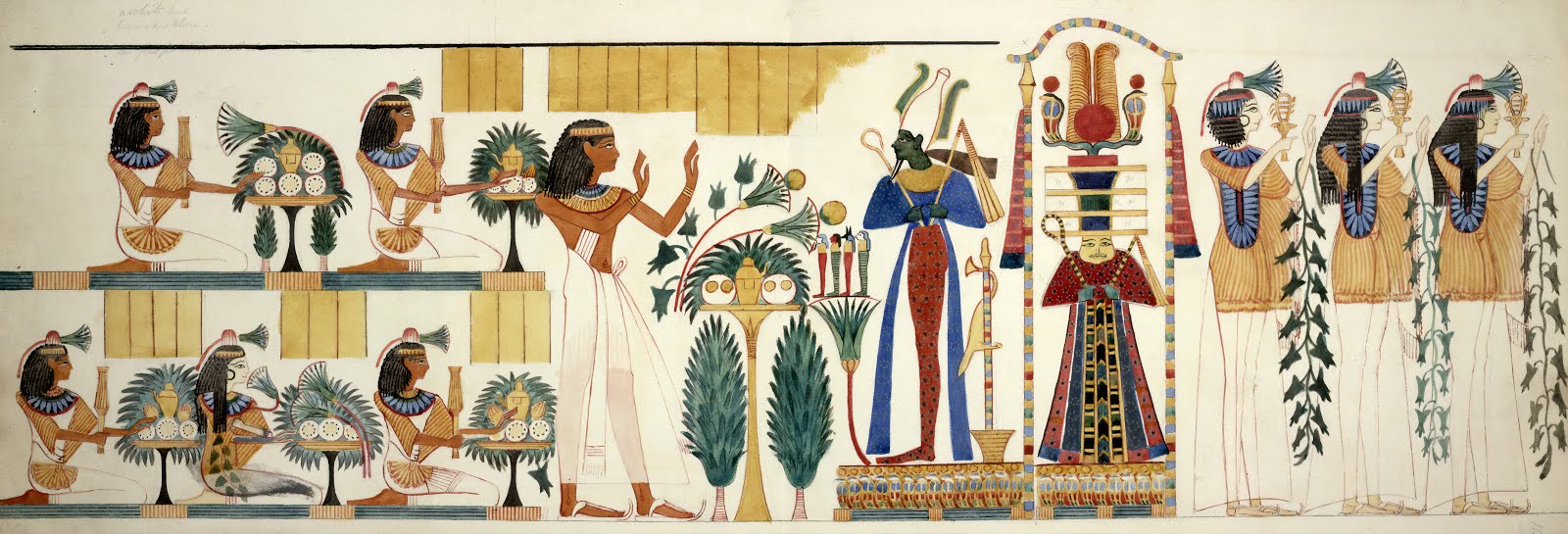Many of us decide to take advantage of the Ramadan opportunity to lose weight by fasting for long hours during the day.
It is no secret to anyone the importance of fasting, and what our Prophet Muhammad (peace and blessings of God be upon him) said: Fast and you will wake up, but an affirmation of the great role and health benefit that we derive from fasting, whether during the blessed month of Ramadan or at any other times during the year.
Fasting has many benefits in terms of losing weight and maintaining a healthy weight, but sometimes it may not serve these purposes and may even be harmful to health due to some wrong practices by people who use the fasting diet as a way to lose weight.
What are the benefits and harms of the fasting diet:
It is known that abstaining from eating and drinking for long hours contributes greatly to weight loss and loss, as the body begins to rely on the fat stores in it and burn it for energy.
But bodies programmed to eat at specific times during the day, may not find the same positive effect, as feeling hungry during a fasting diet can lead to a reduction in energy burning levels, and thus fat burning becomes at its lowest rates and a person does not lose weight as he imagines.
So, what is the correct way to follow the fasting diet to benefit from it?
You must first get all the nutrients that the body needs from food, provided that they are in appropriate quantities and not overeating during the hours allowed to eat it.
Also, fasting alone does not play a sufficient role in burning fat in the body in large quantities, but it must be supported by exercise and regular exercise to stimulate the body to burn a higher percentage of fat during the fasting diet.
Nutrition experts advise to stick to the same method of food, quantities, and exercise, even after the end of the fasting diet, to ensure that one loses weight and does not return to it again.
What can be eaten in a fasting diet?
The first point focuses on reducing the percentage of calories one eats between breakfast and suhoor, with the need to focus on foods that increase fat burning, including:
• Raw nuts.
• Yogurt.
• Eat vegetables in sufficient quantities as they contain a lot of vitamins, minerals and mineral salts.
• Rely on foods that strengthen the body and increase the feeling of satiety, such as berries, apples, oranges, spinach, dark vegetables, oats and whole grains.
• Focusing on exercising and increasing the activity of the body during the fasting diet.
In the end, it must be recalled that it is necessary to consult a specialized doctor and coordinate with him regarding the fasting diet, especially by people who suffer from certain diseases.










0 Comments